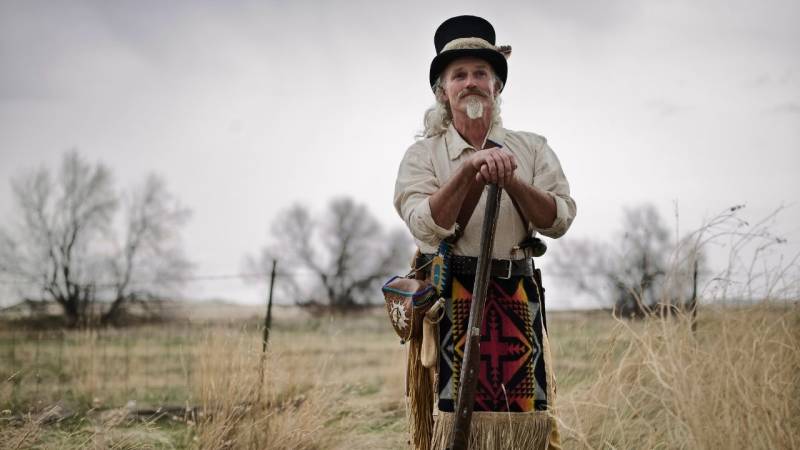
28 survival skills that modern humans have forgotten (and that you can learn again)
👉 The key facts from this guide
- Navigating without GPS: In a world heavily reliant on technology, being able to navigate without GPS is valuable.
- Handwashing clothes: The ability to wash clothes without electrical devices is a forgotten skill.
- Starting a fire: Starting a fire is an essential skill that few people know how to do today.
- Using tools efficiently and safely: Knowing how to handle tools like knives, saws, and axes is important for survival.
- Avoiding panic: In a world full of comfort, people are more likely to panic when things go wrong.
- Hunting and fishing: In a time when fresh meat is only a trip to the supermarket away, hunting and fishing have become forgotten skills.
The food is delivered to your home, orders are only made online, social contacts replace friends.
The list is long - many people are becoming more and more dependent on other people and technology.
And there are survival skills from our past that have largely been forgotten today.
If you want to survive in a world where relying on technology is not an option, it is definitely worth learning the following skills.
1. Navigate without GPS
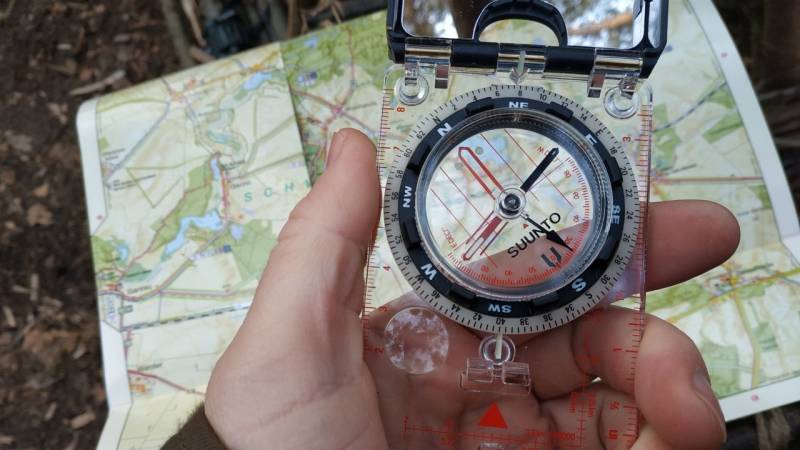
GPS makes navigation incredibly easy. But now that almost everyone has a powerful GPS in their pocket, not many people know how to navigate without GPS.
Learn how here: How to navigate with a map and compass.
2. Handwashing clothes
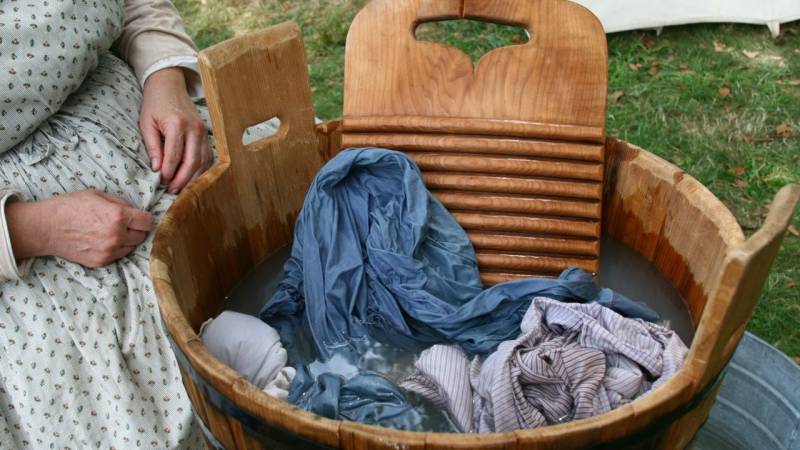
Today, almost everyone has a washing machine and dryer. And those who don't have a washing machine simply visit the laundromat. However, washing clothes without electrical devices is a forgotten skill.
Learn how here: How to wash clothes manually.
3. Start a fire
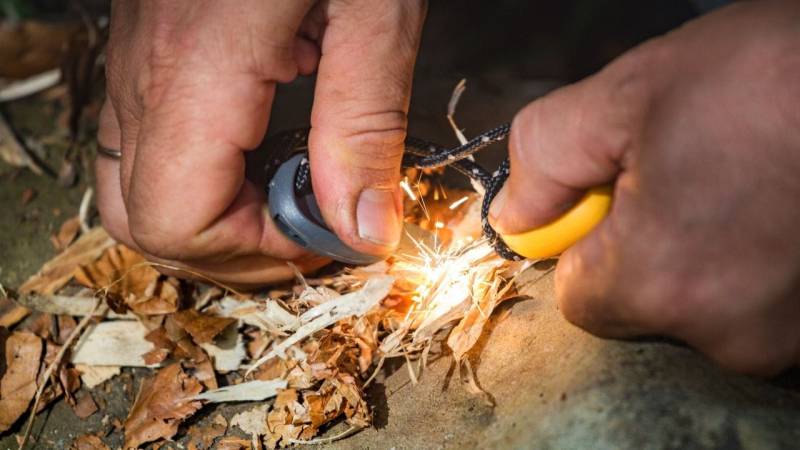
Starting a fire is not as easy as it looks in movies. Even with the right tools and ideal conditions, lighting a fire can sometimes be a challenge - and a skill that few people have today.
This skill is not only essential for preparing food and keeping warm – even if your heating fails, you will be thankful for heating alternatives.
This is how you start a fire without matches, and here I show you how to ignite a perfect fire with matches.
4. Efficient and Safe Use of Tools
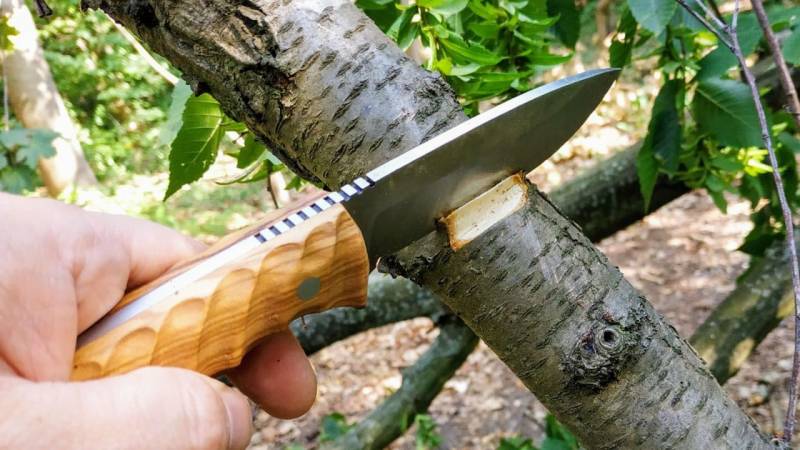
Previously, all people were able to handle knives, saws, and axes. This was particularly important for making wooden items, obtaining resources or repairing the house.
You should be able to do the following:
- Create fire material
- Cut down a tree
- Make notches
- Carve various things, such as spoons
- Hunt and process meat
To learn about these wonderful things, read my guide on knife skills.
5. Avoid Panic

We live a very comfortable life compared to the life of our ancestors. This means that most people today are much more likely to panic when things turn bad.
Here are some tips on how to stay calm and rational during a disaster.
6. Hunting for meat and fur

Prey animals have spent their entire lives avoiding predators, and they are very skilled at it - making hunting a real challenge.
In a time when fresh meat is only a trip to the supermarket away, hunting has become a forgotten skill.
Here are the basics of hunting.
7. Fishing for food
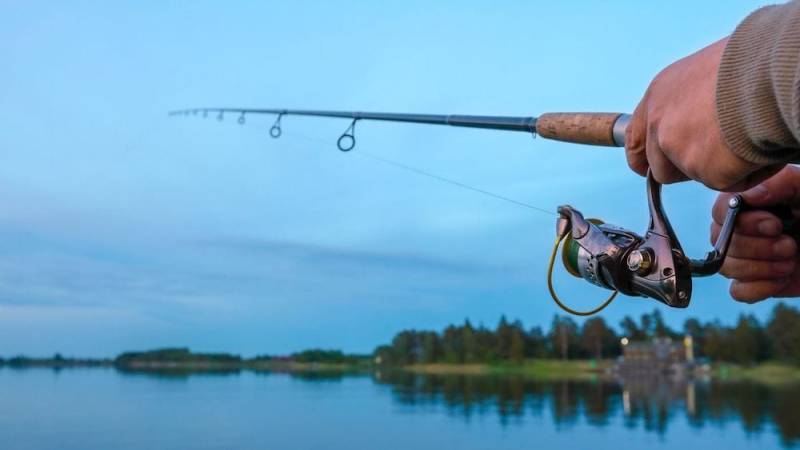
Fishing may be easier to learn than hunting, but it still requires thorough learning and practice. Without the right equipment and strategy, catching fish can be very difficult.
Here's how to get started with fishing and in my guide "5 Fishing Techniques for Your Survival Toolkit", I'll show you how to catch fish without modern equipment.
8. Purifying water
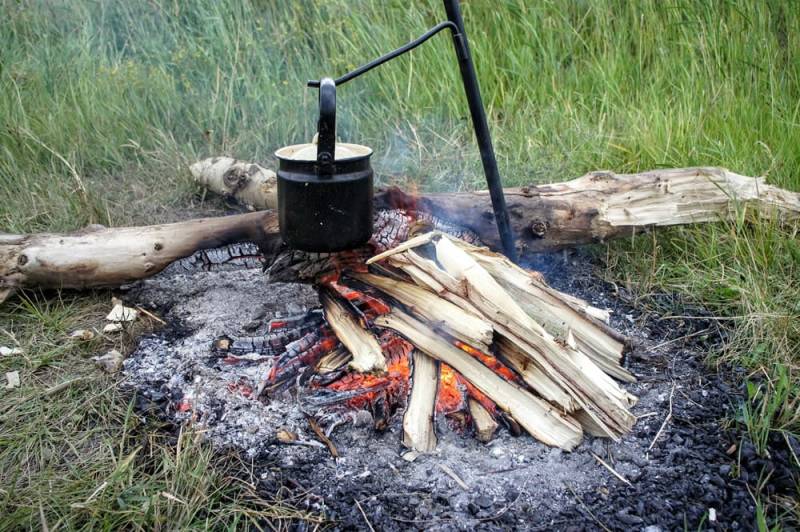
Constant access to clean, pure drinking water is an extremely modern convenience. In the past, however, it was crucial to know how to purify water.
Here are some of the many ways to find and purify water.
9. Tying Knots
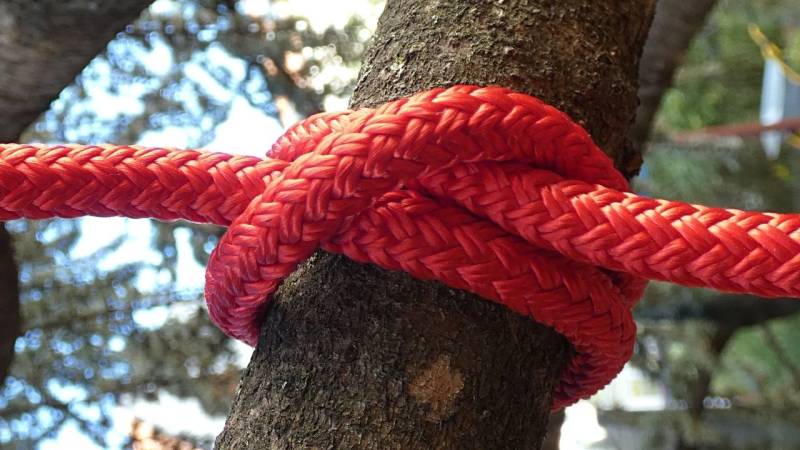
Everybody knows how to tie a knot with a string. However, only a few people today can tie a variety of more complex knots.
Here are six of the most useful knots.
10. Raising Animals
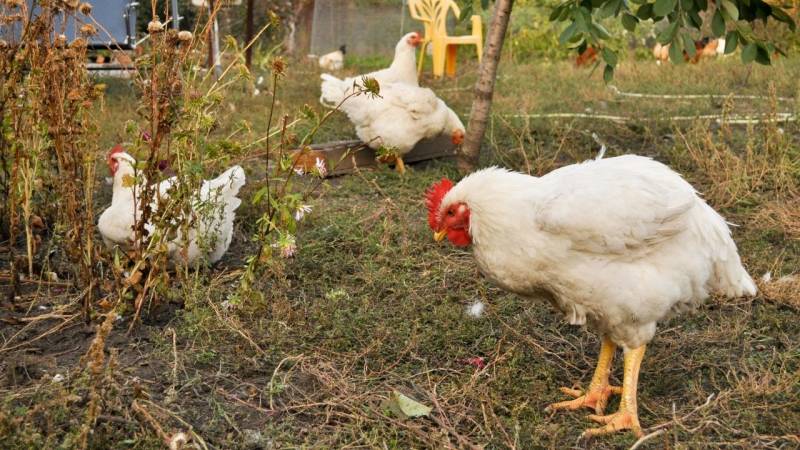
Today, only a few people outside of farmers raise their animals. However, animal husbandry remains a very useful skill to know.
Before you start raising animals, take a look at the list of the most popular animals that you should raise:
- Chickens (learn everything about raising chickens here)
- Ducks
- Rabbits
- Fish
- Bees
- Goats
- Sheep
- Cows
- Pigs
Also read: The complete guide to raising rabbits for meat in times of crisis
11. Sewing to repair clothing

Sewing used to be a skill that was taught to almost all women and even many men at a young age. Nowadays, however, only a few people know the simplest sewing methods.
Here is a brief introduction to sewing using an axe leather sheath as an example.
12. Cooking for Yourself and Staying Healthy
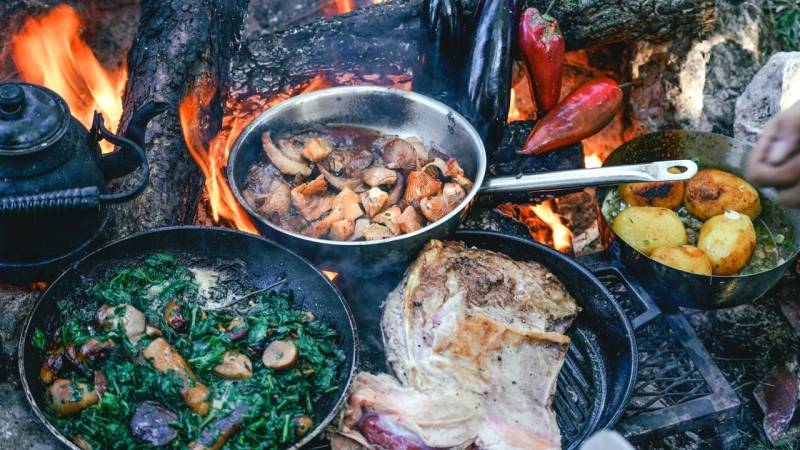
Today, you can easily go to the supermarket and buy your ready-made food. Crazy, isn't it? It has never been so easy in human history.
But that also means that most people have forgotten the skills to cook a delicious, healthy meal from scratch.
Unfortunately, cooking is becoming a lost art.
Take a look at my outdoor recipes - they are super easy to follow.
13. Predicting the Weather
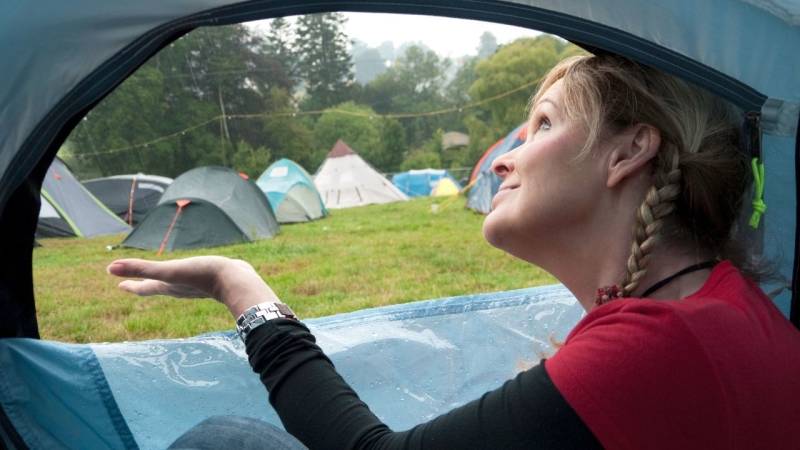
Today, you can simply turn on the TV or open an app on your phone to find out what the weather will be like. However, in the past, it was vital to predict the weather without these modern conveniences.
Read also
Weather forecast with animals, plants or clouds - assessing the weather through observation of nature – Learn to read the weather through nature. Recognize changes in the weather by observing animals, plants, clouds, and wind.
14. Identifying Edible Plants
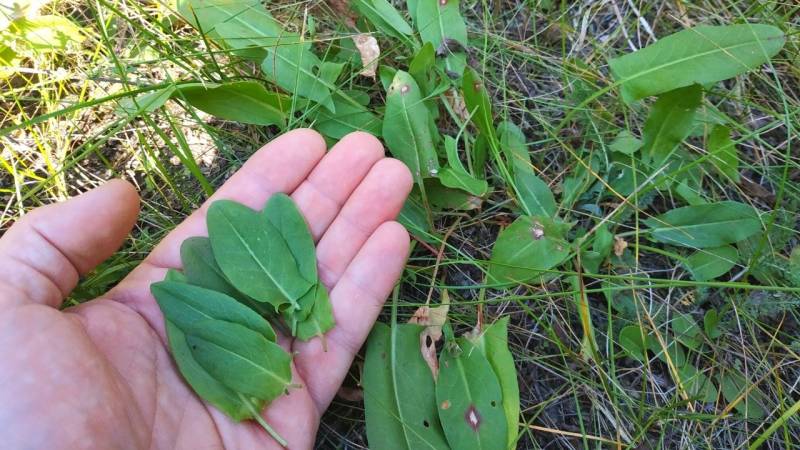
Most plants are considered weeds by modern humans, despite having immense healing properties and being edible.
You're probably familiar with dandelions, which can be eaten and have healing qualities. But there are so many more edible herbs, nuts, trees, roots, fruits, and berries right outside your door that you can harvest for free and that are also delicious (like rose hips).
And according to the Survival Food Pyramid, edible plants are your first choice.
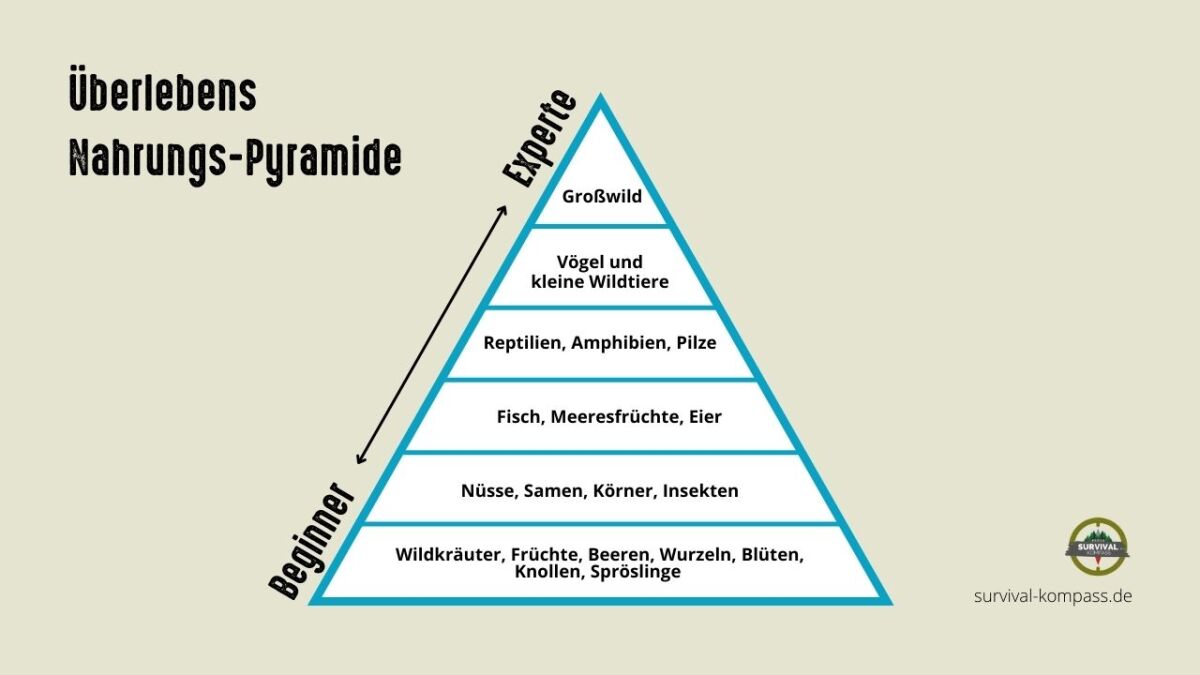
Read my guide to learn the ancient knowledge of plant lore, and also see what healing plants you should grow in your backyard pharmacy.
15. Slaughtering an animal

Maybe you know how to raise animals. But do you know how to slaughter them? After all, you have to remove the feathers and fur and then gut the animal.
You can learn this from hunters or farmers in your area. Just ask people and see how it's done.
Otherwise, have a look at this fantastic video series on gutting a wild boar.
16. Searching for a camping site
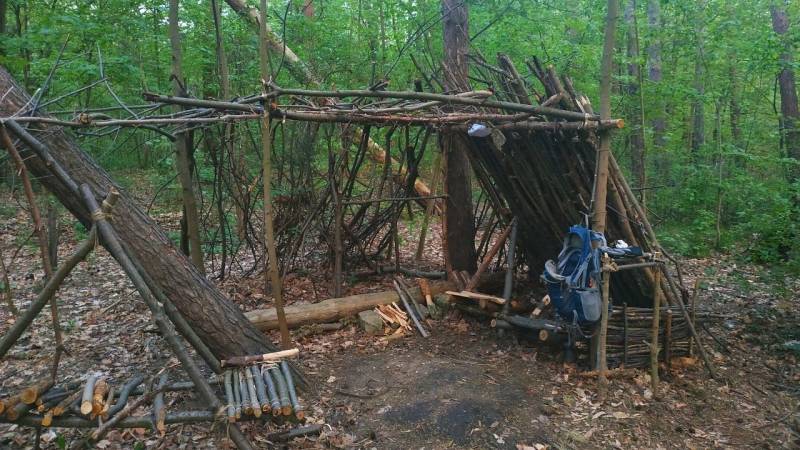
Not every spot in the forest is suitable for your camp. And choosing the right place to set up your camp is an art in itself.
Read here: How to find the ideal location for your camp.
17. Building a wilderness shelter
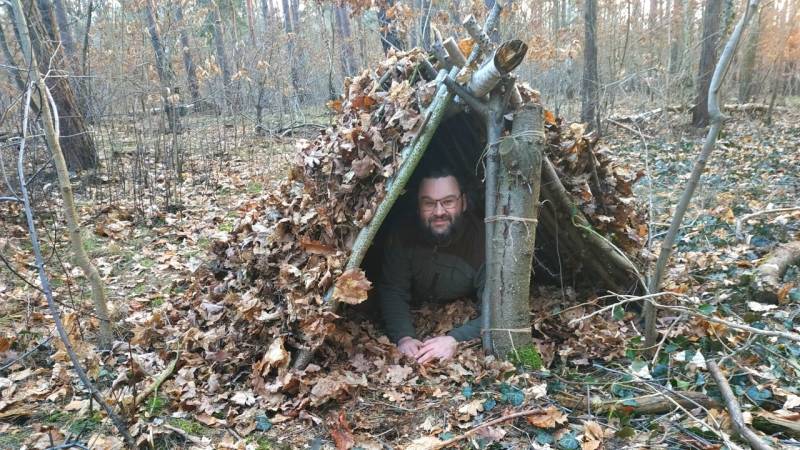
Knowing how to build an effective shelter is key to survival in the wilderness.
Back then, there was no portable, lightweight tent that could be set up in 10 minutes. It was a significant skill to know how to build a shelter.
Here you will find everything about a shelter that keeps you warm.
18. Entertaining, playing, and having fun
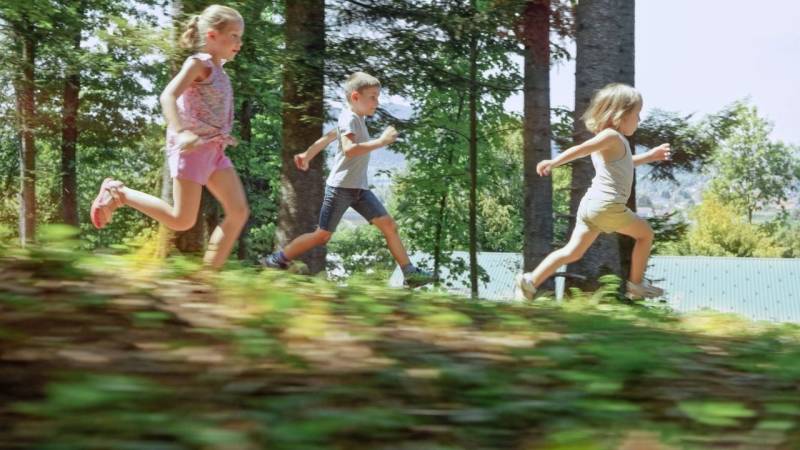
Television, smartphone, radio - today we are bombarded every day with sources of entertainment and distraction.
Many people cannot cope with the silence anymore and feel uncomfortable.
In a world without electronics, it is very useful to know how to entertain yourself.
Here are some forest games for kids, which are just as fun for adults.
25. Making cleaning products

In days gone by, people didn't buy pre-made cleaning products from the store. Instead, they made their own cleaning products from the raw materials available at the time.
Here is a list of homemade cleaning products and how to make them.
26. Preserving food
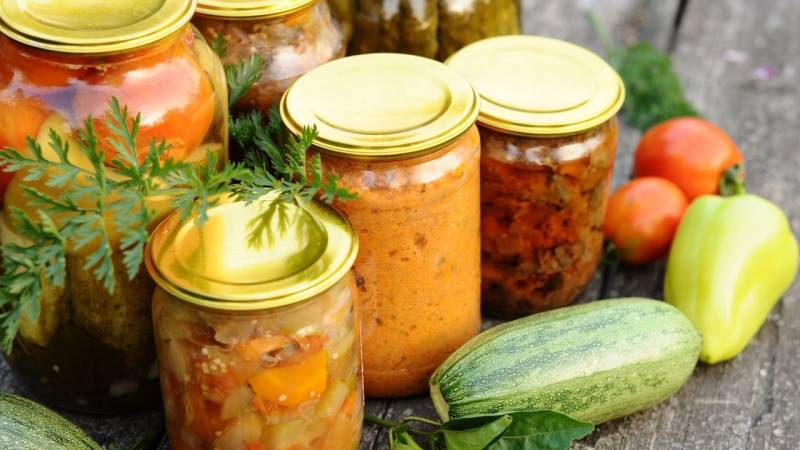
Thanks to our abundant food supply and the invention of freezers and refrigerators, it is no longer necessary to know how to preserve food.
However, without these modern conveniences, food preservation is essential for survival.
There are two main methods of preserving food at home: canning and dehydrating.
Here is an overview of the methods. Or check out how to make jerky and dried fish.
27. Reusing items
Throwing things away was unknown in the past. Instead, people reused old items and found new ways to use them.
For example:
- Using egg cartons for plant cultivation
- Using scrap paper to dry shoes from the inside
- Using old toilet paper rolls to store cables
- My grandmother saved the butter packaging for cheese. I believe the butter protects the cheese from mold formation.
Furthermore, many products were reused multiple times, such as salt or sugar. Because salt and sugar are not just there to season our food.
Have a look at these 10 surprising survival uses for household sugar.
28. Gardening and self-sufficiency
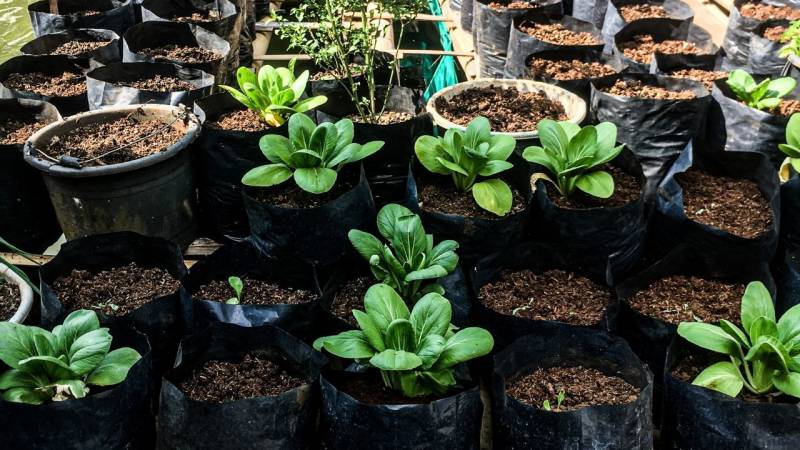
Growing your vegetables is unnecessary nowadays. Large supermarkets carry all kinds of vegetables and they are extremely cheap.
However, when it comes to survival skills, gardening is one of the most important!
Here is my beginner's guide to starting a garden.
Conclusion
Even if you only master a few of these skills, you are way ahead of the average person.
This means you can rely more on yourself and are not constantly dependent on outside help.
In emergencies, this leads to a much greater chance of survival.
Choose one of the skills that interests you the most and start learning it.
That means:
- First read or watch and take notes
- Then put the knowledge into practice - this can only be done through practice
Once you're a little burned out on one skill, move on to another.
Gradually, you will learn to live more independently again.
I wish you success in practicing.
What do you think of my selection? Would you include any other skills or techniques? What else comes to mind?
Write to me in the comments.


Author of the guide
Martin Gebhardt
Hey, I'm Martin. On my blog, you will learn the basics and numerous details about living in the wild. I think survival, bushcraft and the good life in nature are the keys to happiness. Find me here on Instagram or on YouTube. You can find more about my mission on the About Me page.
Was this guide helpful?
80 people found this guide helpful.
4.90 out of 5 points (82 Ratings)
Comments (0)
This post may contain affiliate links. So if you click on the links and make a purchase, I will receive a small commission at no additional cost to you. Click here, to learn more about it.


